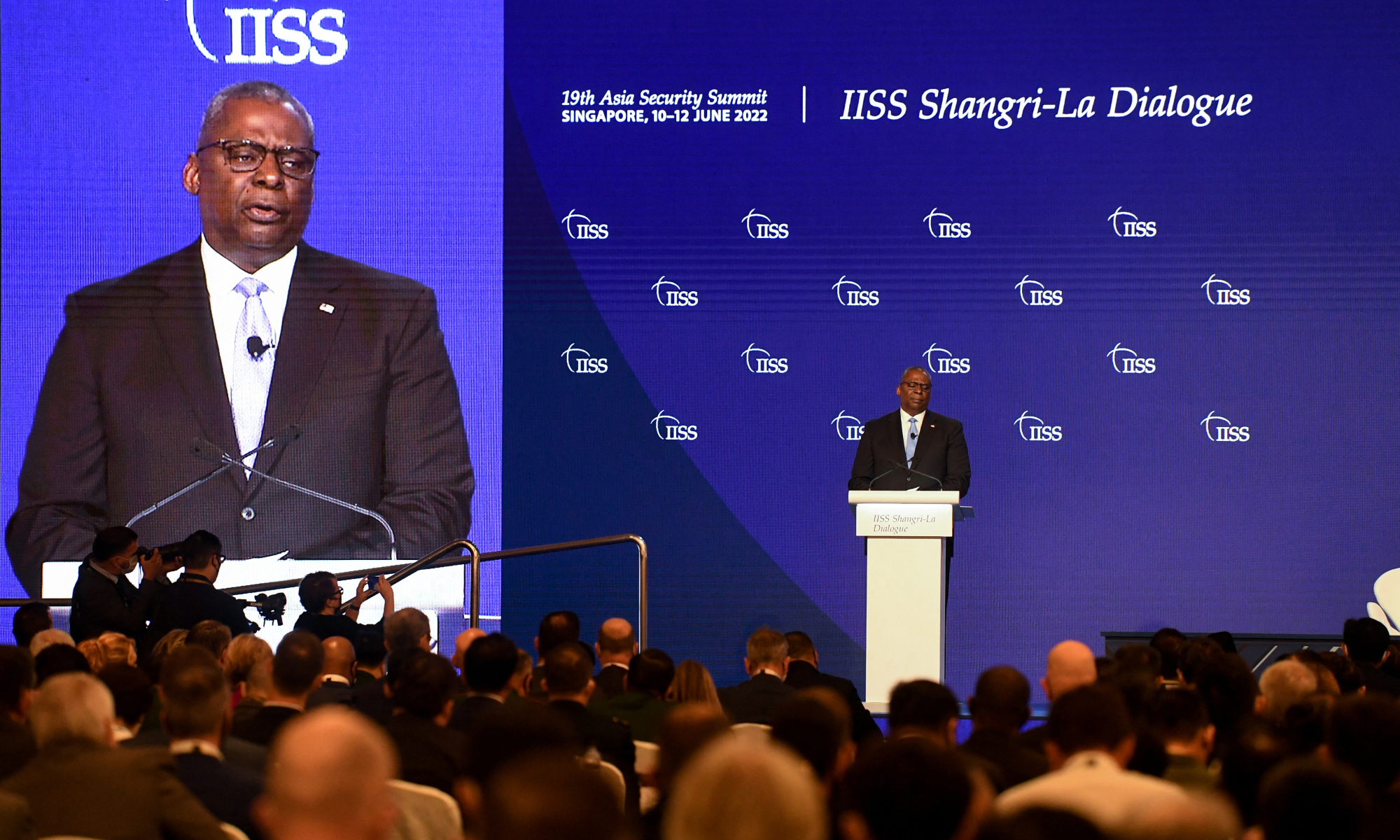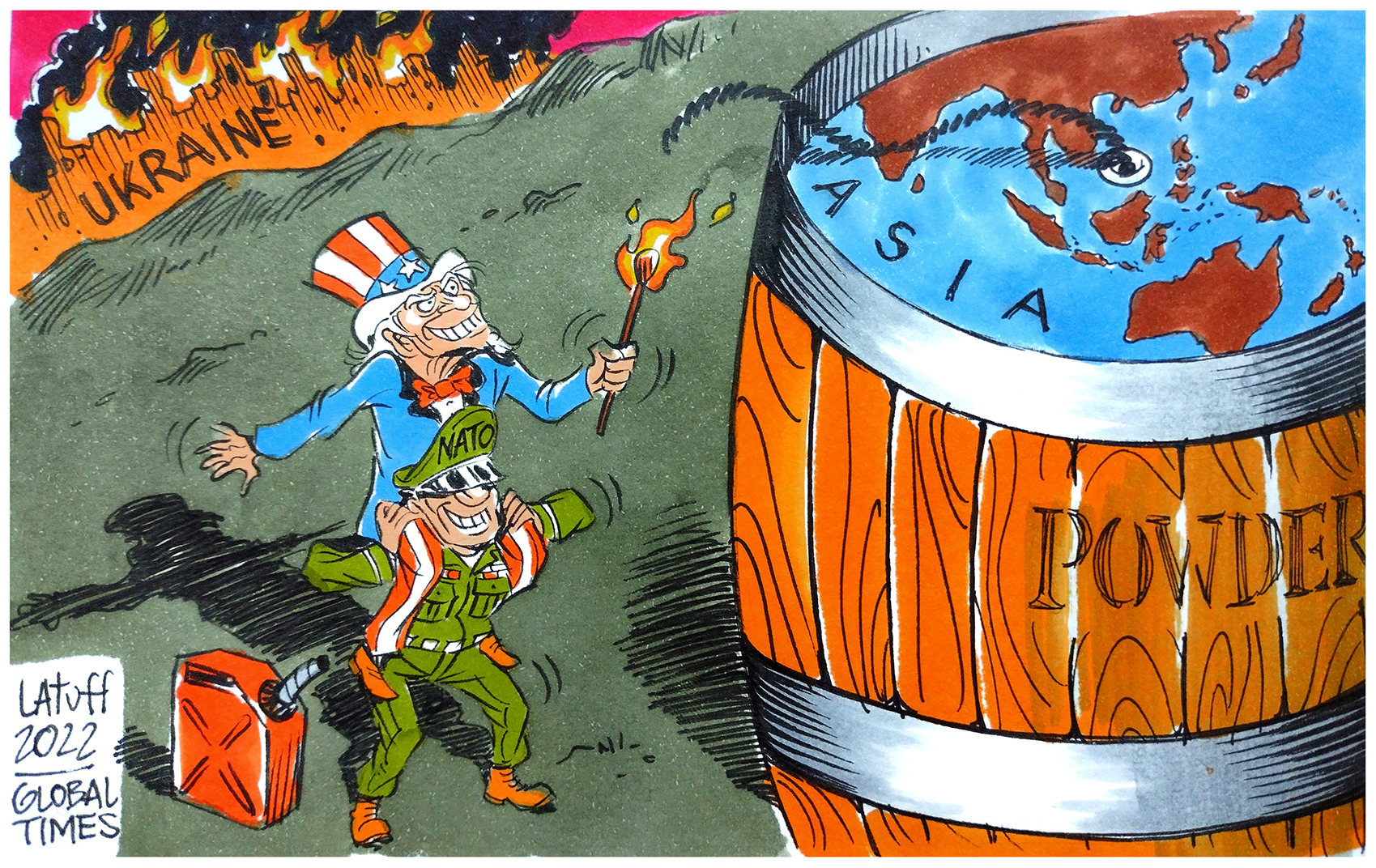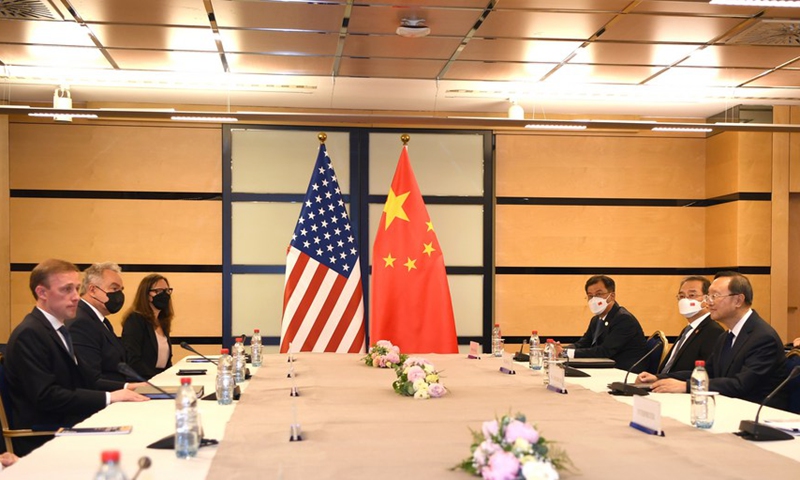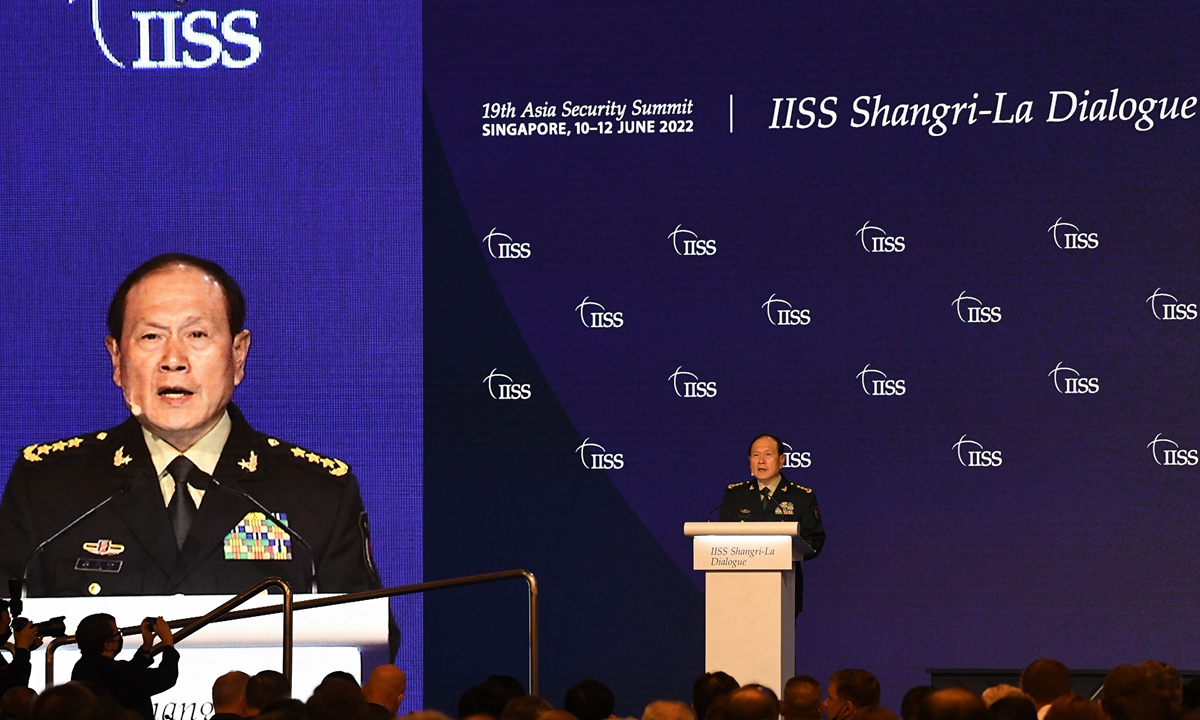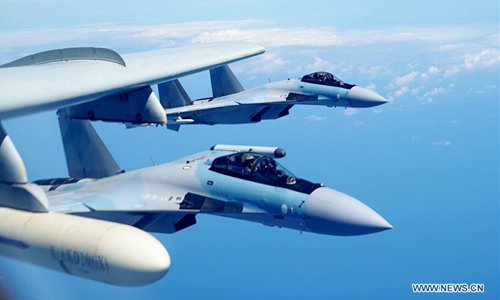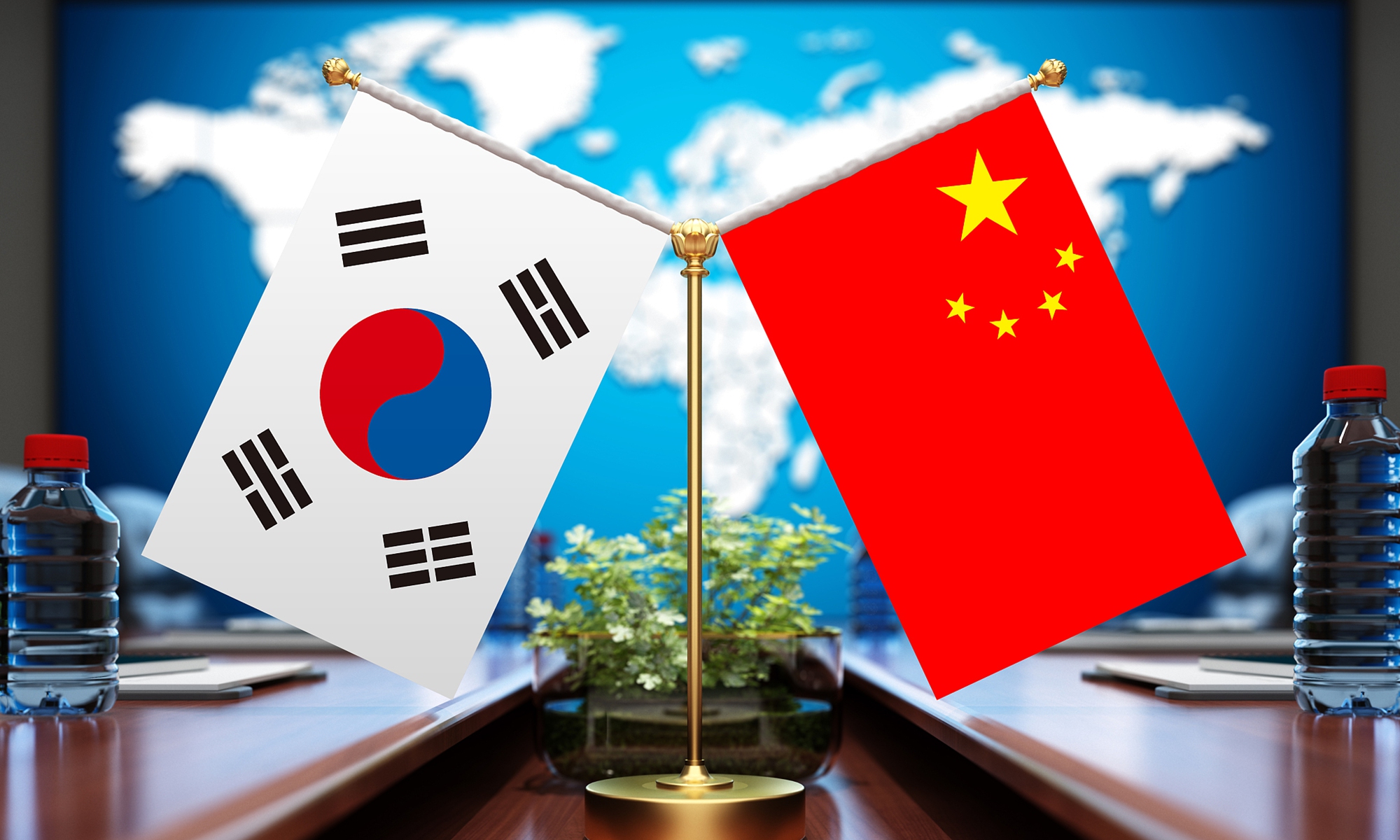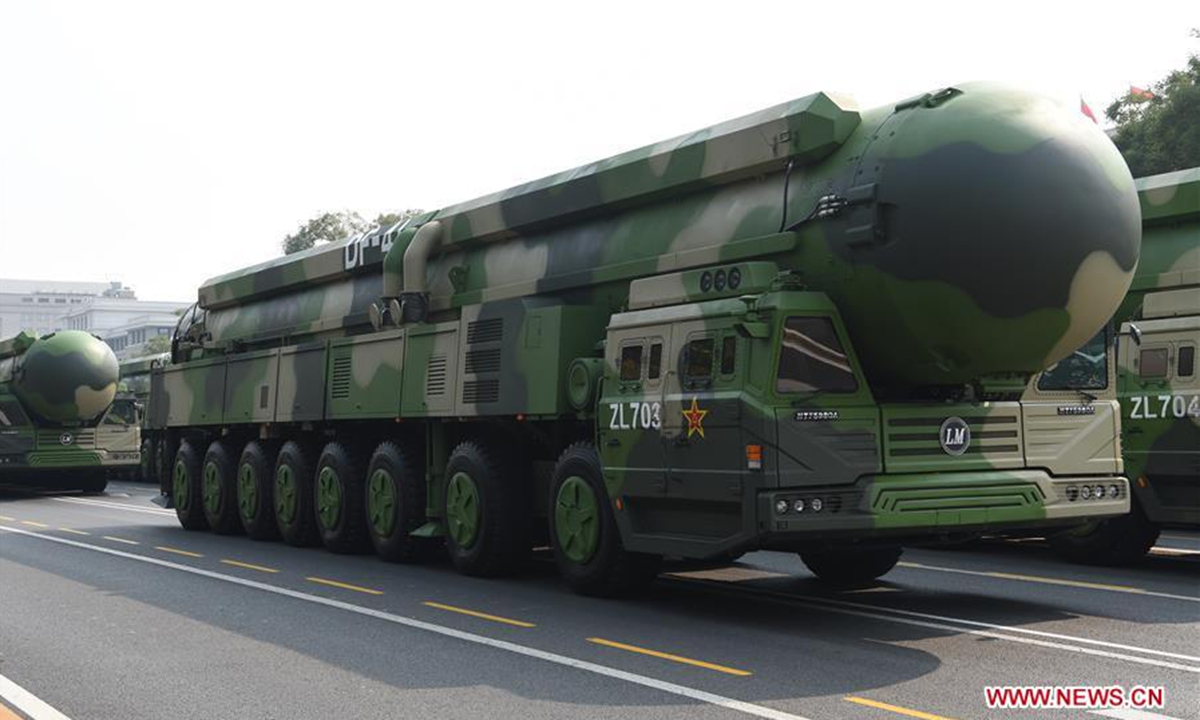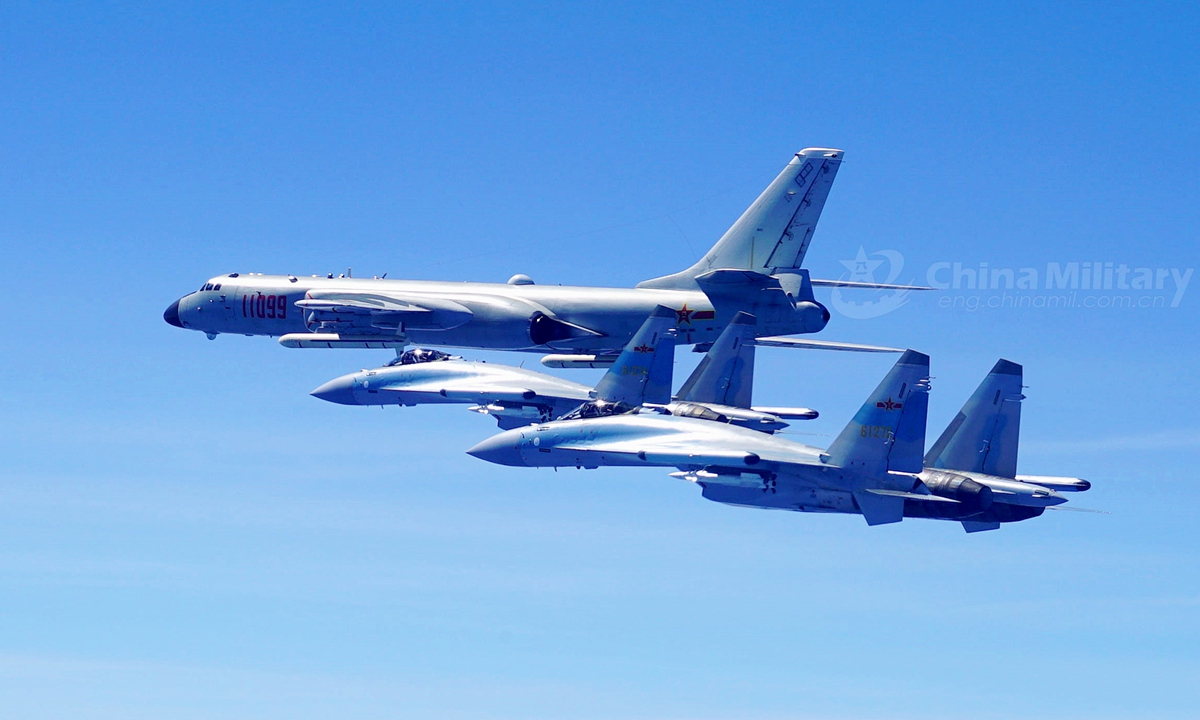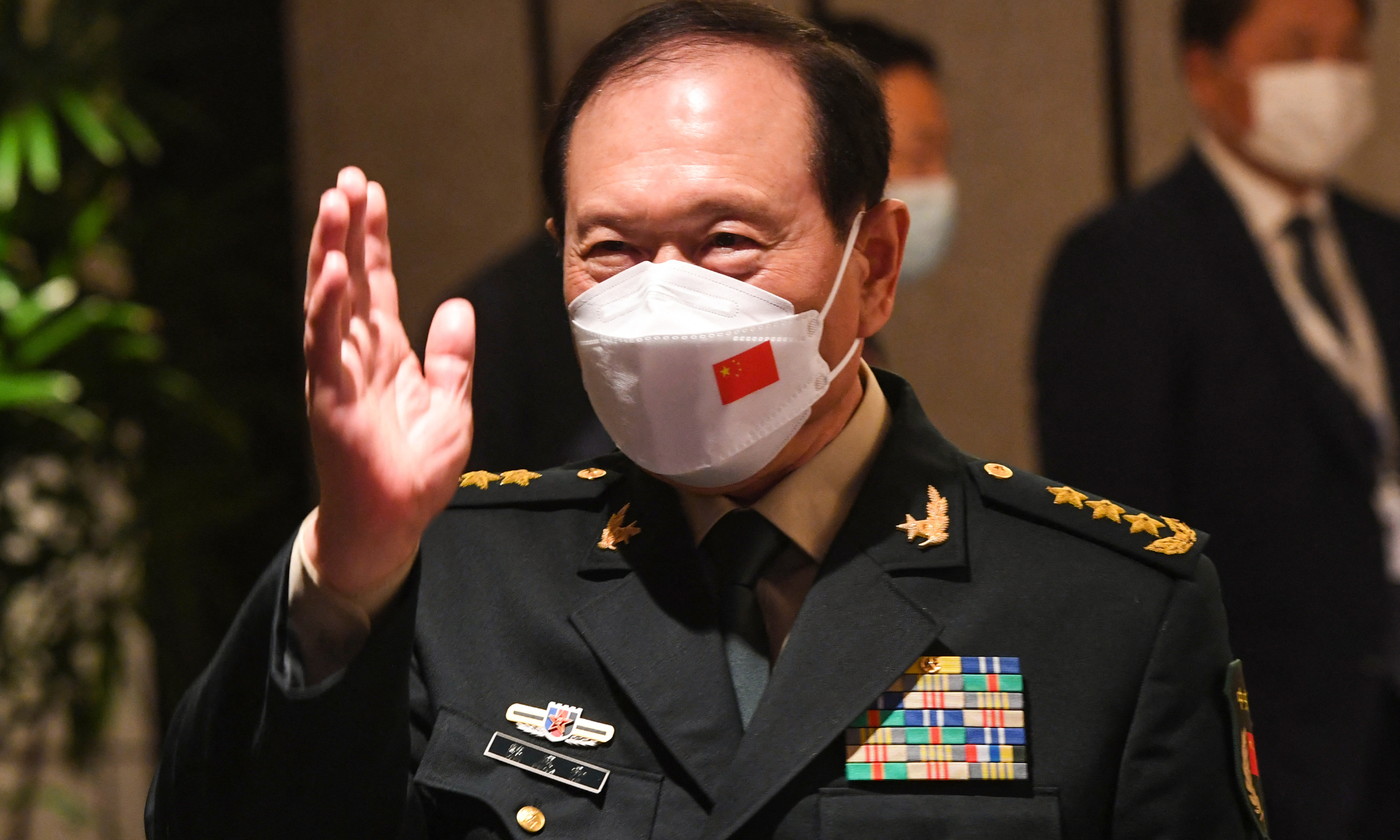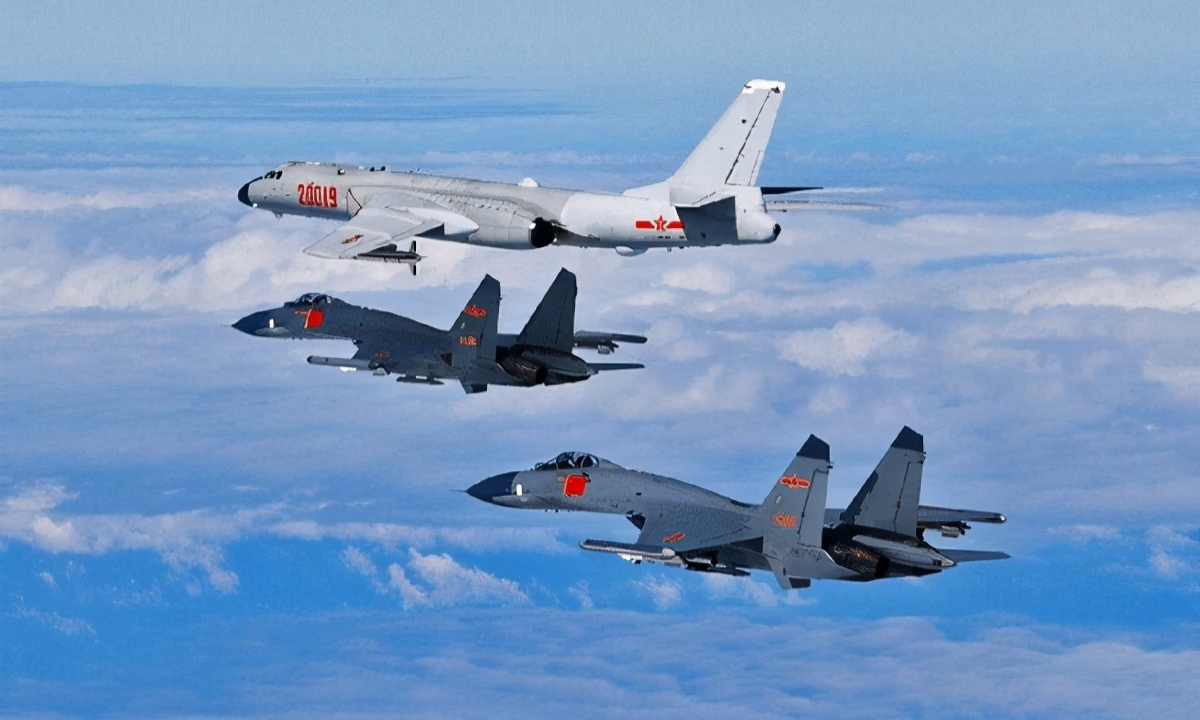A lack of this important mineral could be causing you health problems without you even knowing it.
As magnesium regulates neurotransmitters in the body, a lack of it can cause symptoms ranging from brain fog and anxiety to insomnia and migraines. — AFP
In the human body, magnesium is the fourth most abundant mineral. It plays a role in over 300 physiological processes. Many metabolic processes require this nutrient, as well as many other bodily functions, including the production of energy and building of proteins. Without it, your body cannot function properly. Unfortunately, the lack of magnesium is one of the most widespread deficiencies in our society today. This deficiency can drastically affect your health as it has been linked with hypertension (high blood pressure), heart disease, palpitations, and even sleep disorders.
How magnesium helps
If you have difficulty meeting your magnesium needs through food, or if you have a deficiency, then taking a magnesium supplement may be helpful. Here are some of its benefits: > Reduce blood pressure Magnesium supplements may help reduce blood pressure levels. A review of 34 studies concluded that taking around 350mg per day of magnesium for an average of three months significantly reduced systolic blood pressure (the top number for blood pressure readings) by 2mmHg and diastolic blood pressure (the bottom number) by 1.78mmHg. > Improve sleep It has been shown that magnesium supplements can greatly improve sleep in people with low magnesium levels. A review of three studies among older adults found that supplementing with 320-720mg of magnesium daily for up to eight weeks decreased the time it took them to fall asleep and increased total sleep time, compared with a placebo. > May help improve mood Depression has been linked to low levels of magnesium, leading researchers to study whether supplementing with this mineral could help treat this condition. A six-week randomised controlled trial including participants with depression found that 500mg of magnesium daily alleviated anxiety and depressive symptoms in as little as two weeks. > Help with blood sugar management Magnesium is crucial to insulin and glucose metabolism. Type 2 diabetics, who have high blood sugar, are also prone to magnesium deficiency. The reason for this is because high blood sugars and insulin levels can cause you to lose more of this nutrient through your urine. Taking magnesium supplements may help improve insulin resistance – a metabolic disorder in which your cells don’t respond to insulin properly. In a review of 25 studies, people with or at risk for type 2 diabetes who took 250-600mg of magnesium per day for up to 24 weeks experienced significant reductions in fasting and post-meal blood sugar levels, compared with the placebo group. > Reduce heart disease risk There is a link between low magnesium levels and an increased risk of heart disease. Perhaps low levels of this mineral have a negative effect on blood sugar and blood pressure, which are two risk factors for heart disease. Recent reviews of 28 studies found that taking magnesium supplements decreased blood pressure, cholesterol levels and fasting blood sugar levels in people with type 2 diabetes. > May improve migraine Magnesium deficiency has been linked to migraines – a painful condition characterised by intense, recurrent headaches. A 12-week study found that taking a daily magnesium supplement containing 600mg resulted in 42% fewer migraine attacks, coupled with less intense attacks.A lack of magnesium

Consuming enough magnesium
While magnesium is found in many foods, particularly nuts, legumes and whole grains, supplements may be beneficial to those with low magnesium intake. It isn’t always easy to choose a magnesium supplement from the wide variety of forms and dosages available. Though magnesium is easily obtained through diet alone – 400-420mg for men and 320-360mg for women – our modern diets often don’t include enough magnesium-rich foods. If you can’t get enough magnesium through your diet, consider taking a supplement. Recommended doses of magnesium supplements are 200-400mg per day, which means that a supplement can supply you with the full daily recommended intake and more. The Food and Nutrition Board of the US Institute of Medicine has determined a tolerable upper limit of 350mg per day for supplemental magnesium. You are unlikely to experience any digestive side effects if you consume supplements below this level. Some types of magnesium supplements can be absorbed more easily by your body than others. These include: Magnesium chlorideMagnesium citrate
Magnesium aspartate
Magnesium taurate
Magnesium malate
Magnesium lactate
Supplements can be delivered in a variety of forms, such as tablets, gummies, powders and liquids. In terms of absorption, the deli-very system makes little difference, provided you choose a form that is well-absorbed, such as magnesium citrate, so choose whichever form that is most convenient for you.In summary
Magnesium is essential for the proper functioning of your body. It has been reported that adequate magnesium intake reduces the risk of heart disease, diabetes and other conditions. If your diet does not provide enough of this important nutrient, you can take a supplement. It is unlikely that there will be any side effects with doses below 350mg a day. When selecting a supplement, choose one that contains a form of magnesium that is easily absorbed, such as magnesium citrate. Always discuss with your doctor or nutritionist the right type of supplements and the dosage required before you buy your supplements.Datuk Dr Nor Ashikin Mokhtar is a consultant obstetrician and gynaecologist, and a functional medicine practitioner. For further information, email starhealth@thestar.com.my. The information provided is for educational and communication purposes only, and it should not be construed as personal medical advice. Information published in this article is not intended to replace, supplant or augment a consultation with a health professional regarding the reader’s own medical care. The Star does not give any warranty on accuracy, completeness, functionality, usefulness or other assurances as to the content appearing in this column. The Star disclaims all responsibility for any losses, damage to property or personal injury suffered directly or indirectly from reliance on such information.
Mineral for relaxation
The fourth most abundant minerals in the body, magnesium is naturally present in many foods.
Related News
Injecting essential vitamins and minerals into the body
Adopting a plant-based diet has multiple benefits
Can fasting keep you looking young?
Help, I don’t have enough breast milk!
Types of long Covid, who it affects the most, and when to seek help
Magnesium: The Relaxation Mineral - VitaHealth Malaysia
- 4 key nutrients
- Boosts energy
- Supports health
CHARGE-UP™ MAG-EASE
MAL21096037NCRVitaHealth CHARGE-UPTM MAG-EASE combines highly absorbable chelated magnesium with L-theanine, vitamin B2 and coenzyme Q10 to improve wellness.
- 4 key nutrients
- Boosts energy
- Supports health
RM99.00RM79.00 60 tabletsHow To Cure "Brain Fog" | 3 Tips for Mental Clarity
Clearing up your brain fog
HAVING trouble recalling things, taking longer than usual to complete simple tasks, feeling mentally fatigued, easily distracted or confused? If any of these sounds familiar, you are most likely dealing with brain fog. It feels like having a constant cloud over your brain that keeps you from thinking straight. Also known as mental fatigue, brain fog is not a medical condition but rather a cognitive dysfunction involving: > Inability to focus > Poor concentration > Forgetfulness > Confusion > Irritability > Headaches Brain fog can come and go over a period of time, commonly triggered by stress, lack of sleep, hormonal changes, nutrient deficiencies or medications. More than just a nuisance, these challenges can damper your mental clarity and interfere with your ability to complete daily tasks to varying degrees. If left unaddressed, it can snowball into chronic fatigue which ultimately leads to burnout. How to sharpen your mind Sharpen your mind with nootropics or “smart pills”, which have been gaining popularity in today’s competitive society. They can help boost your brainpower so you can perform at your fullest potential, whether you are a student aiming to ace your exams, a working professional striving to excel at your duties or a senior looking to preserve your grey matter. Acetyl-l-carnitine is an amino acid produced naturally in your body. It supports cellular energy production to fuel your brain for better focus and concentration. As an antioxidant, it helps protect the brain cells from oxidative stress. Vitamin B12 is an essential vitamin for the proper development and functioning of the brain and nervous system. It supports the formation of myelin sheath which protects the nerve cells, ensuring the fast and effective transmission of nerve impulses. It is also required to produce mood-enhancing dopamine and serotonin. Often called simply PS, phosphatidylserine is an essential building block of cell membranes, with high concentrations in the nerve cells of the brain. It increases the production of acetylcholine, an abundant neurotransmitter in the brain, which plays important role in alertness, learning and memory. Together, these nutrients work synergistically to give you an extra boost to get you through the busy day. This informational article is brought to you by Vitahealth.
For enquiries, call 1800 183 288.
















